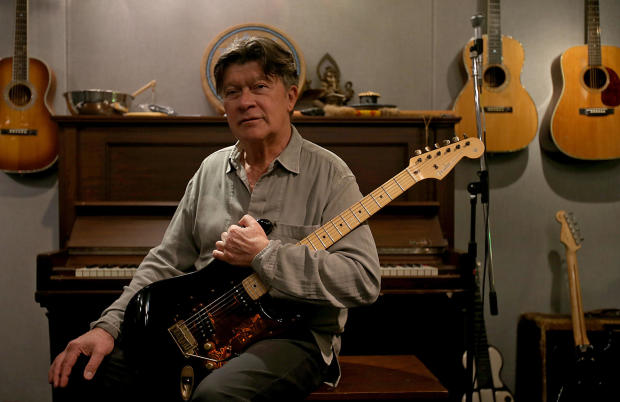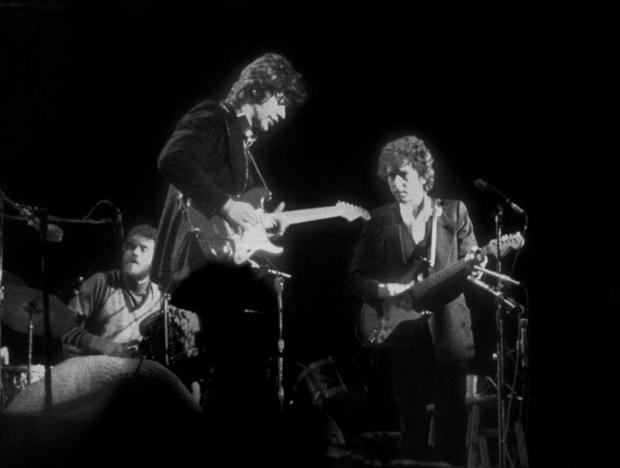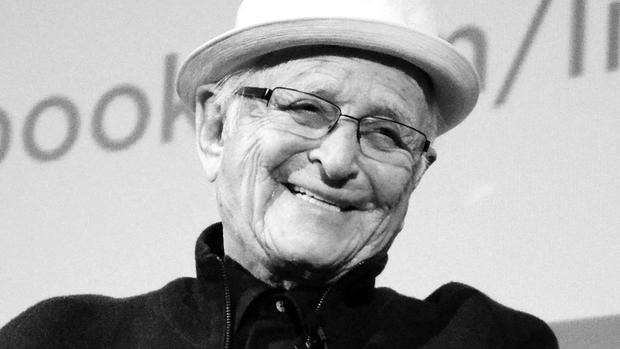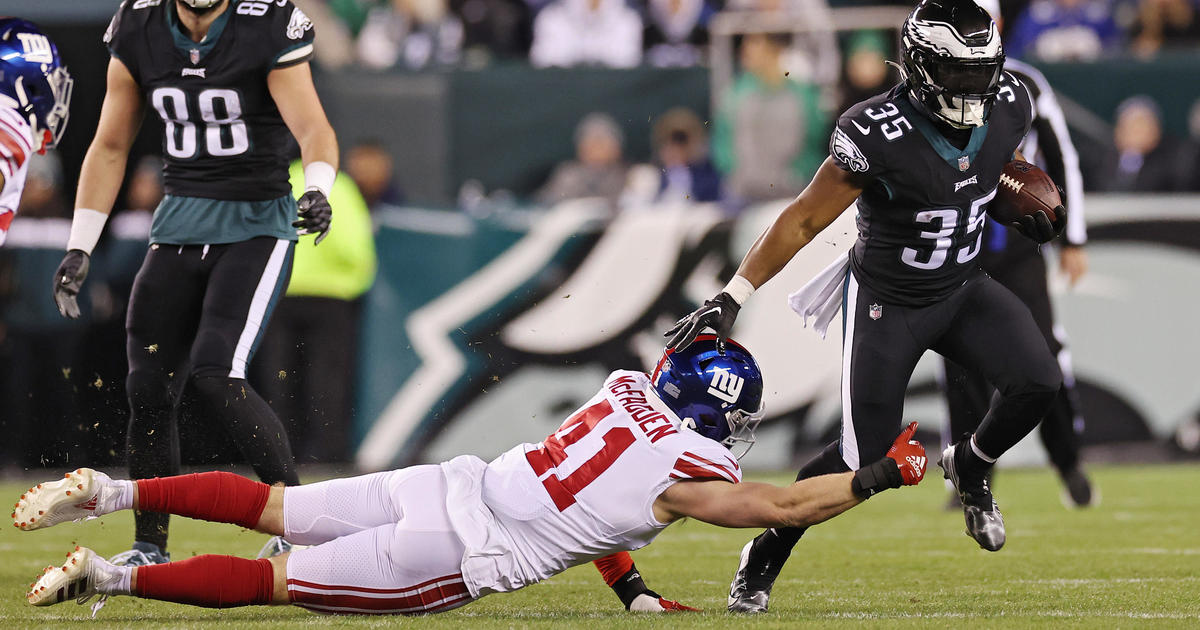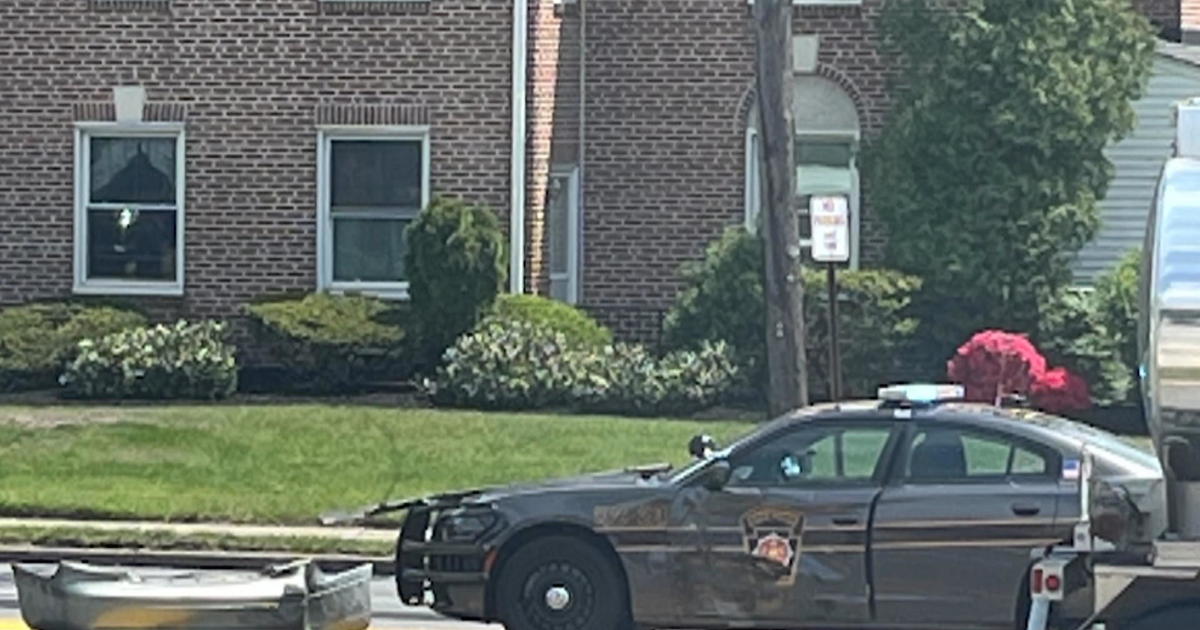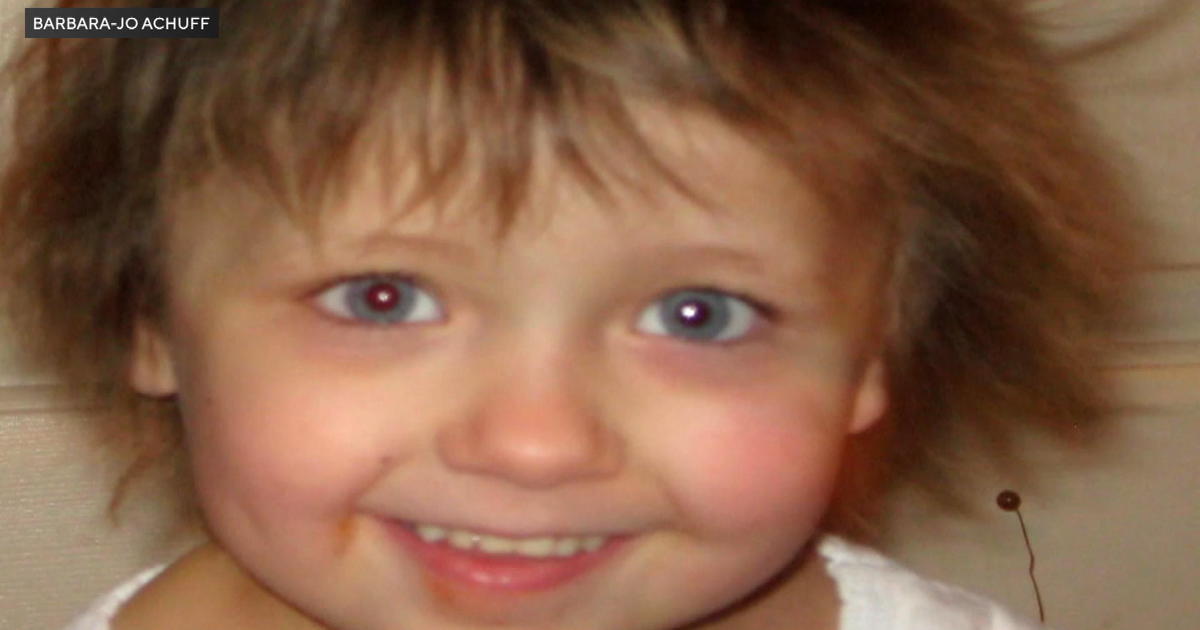Robbie Robertson, guitarist for The Band, dies at age 80
Robbie Robertson, best known for his work as the lead guitarist for The Band, has died, his manager confirmed. He was 80.
At the time of his death, Robertson, along with Garth Hudson, was one of just two surviving members of The Band, which rose to prominence as Bob Dylan's backing band in the 1960s.
The Band played at Woodstock in 1969 and was inducted into the Rock and Roll Hall of Fame in 1994.
Robertson's manager Jared Levine said Robertson died following a long illness, "surrounded by his family."
Born Jamie Royal Robertson in Toronto, Canada, he joined the Hawks, backing Ronnie Hawkins, with drummer and future The Band member Levon Helm, at age 16. The other future members of The Band — keyboard player Hudson, bassist Rick Danko and pianist Richard Manuel — would later also join the Hawks.
The Hawks began backing Dylan in 1965 after the iconic folk musician went electric. In 1967, the group changed its name to simply The Band.
One year later, they released their debut album, "Music From Big Pink," named for the house in West Saugerties, New York, where the group had been living when they wrote many of the songs included on the album, including the rock classic, "The Weight."
That was followed by hits like "Up On Cripple Creek" and "The Night They Drove Old Dixie Down" before the group's star-studded farewell concert, released as both an album and film called "The Last Waltz."
Dylan and Hawkins joined The Band for performances at "The Last Waltz," held on Thanksgiving Day in 1976 at San Francisco's Winterland Ballroom, along with other '60s and '70s rock icons including Dr. John, Van Morrison, Joni Mitchell and Neil Young.
It was Robertson's idea to end The Band at the time, a move which soured the relationship between him and Helm.
"That don't make sense," Helm told CBS News' Anthony Mason in 2007. "Have a big 'goin' outta business' concert."
The two were also at odds over songwriting credit for many years, with Helm accusing Robertson and manager Albert Grossman of taking too much credit for what the drummer maintained was a collaborative writing process between the band members.
When asked by Mason in 2016 if he and Helm ever patched things up, Robertson said, "As much as I loved him and admired his extraordinary musical talent, I could not do the bitterness anymore."
"But when they called me and said, 'He's in the hospital, and he's dying,' I went right to the hospital, and I sat with him, and I held his hand."
"I sat there and thought about a lot of the beautiful things that we have been through together. And I was happy for that moment to kind of wash away any dark clouds."
After the breakup of The Band, Robertson released six solo albums. His 1987 eponymous debut featured Hudson and Danko, along with the band U2 and Peter Gabriel.
Robertson also worked on several film scores and soundtracks throughout his career, most notably for Martin Scorsese, who directed "The Last Waltz." Robertson wrote original music for "Raging Bull," "The King of Comedy," "The Color of Money" and, most recently, "Killers of the Flower Moon." He produced the soundtrack for "Casino" and worked in some fashion, be it song and score writing or music production, on multiple other Scorsese movies.
"Robbie Robertson was one of my closest friends, a constant in my life and my work," Scorsese said in a statement to CBS News. "I could always go to him as a confidante. A collaborator. An advisor. I tried to be the same for him."
"Long before we ever met, his music played a central role in my life—me and millions and millions of other people all over this world. The Band's music, and Robbie's own later solo music, seemed to come from the deepest place at the heart of this continent, its traditions and tragedies and joys."
"It goes without saying that he was a giant, that his effect on the art form was profound and lasting. There's never enough time with anyone you love. And I loved Robbie."
